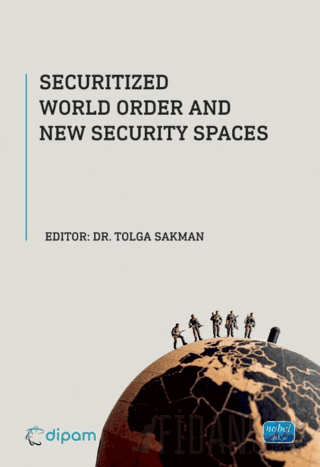
This is a time when the existing international order is being tested by unpredictable risks and threats, as well as protracted crises and conflicts that have led to massive casualties. The order is straining its capacity under these conditions. In these circumstances, it is essential to reflect on how this order will evolve and what roles states should play to maintain stability, security and prosperity in their new/renewed unique positions. States have become more aware of the value of the priority sphere of national interest in determining their roles.
In this order, where national actors and processes and international dynamics are evaluated together, international policies and actions in line with these policies are also built on this ground. In this way, the traditional security elements of classical international relations are re-evaluated and an infrastructure is envisioned that will help both make sense of the present and shape the near future. The implementation of a more sustainable international order requires a reassessment of past mistakes and the creation of new regional and global security spaces.
This book, in which new security spaces are grouped conceptually, regionally and institutionally, is a wide-ranging study with contributions from authors from 10 different countries.
This is a time when the existing international order is being tested by unpredictable risks and threats, as well as protracted crises and conflicts that have led to massive casualties. The order is straining its capacity under these conditions. In these circumstances, it is essential to reflect on how this order will evolve and what roles states should play to maintain stability, security and prosperity in their new/renewed unique positions. States have become more aware of the value of the priority sphere of national interest in determining their roles.
In this order, where national actors and processes and international dynamics are evaluated together, international policies and actions in line with these policies are also built on this ground. In this way, the traditional security elements of classical international relations are re-evaluated and an infrastructure is envisioned that will help both make sense of the present and shape the near future. The implementation of a more sustainable international order requires a reassessment of past mistakes and the creation of new regional and global security spaces.
This book, in which new security spaces are grouped conceptually, regionally and institutionally, is a wide-ranging study with contributions from authors from 10 different countries.




















